LeBron’s Endorsement Sparks Interest

NBA superstar LeBron James recently opened up about his wellness routine, spotlighting hypnotherapy as a game-changer for mental recovery. In a 2025 podcast appearance, James credited the practice with helping him bounce back from high-pressure games and injuries. This shoutout has fueled public curiosity in hypnosis recovery therapy, a method blending guided relaxation and suggestion to aid healing. Experts say it’s not just for athletes; everyday folks are turning to it for stress relief and habit-breaking. James’s influence could push more Americans toward alternative therapies amid rising mental health awareness.
What Is Hypnosis Recovery Therapy?
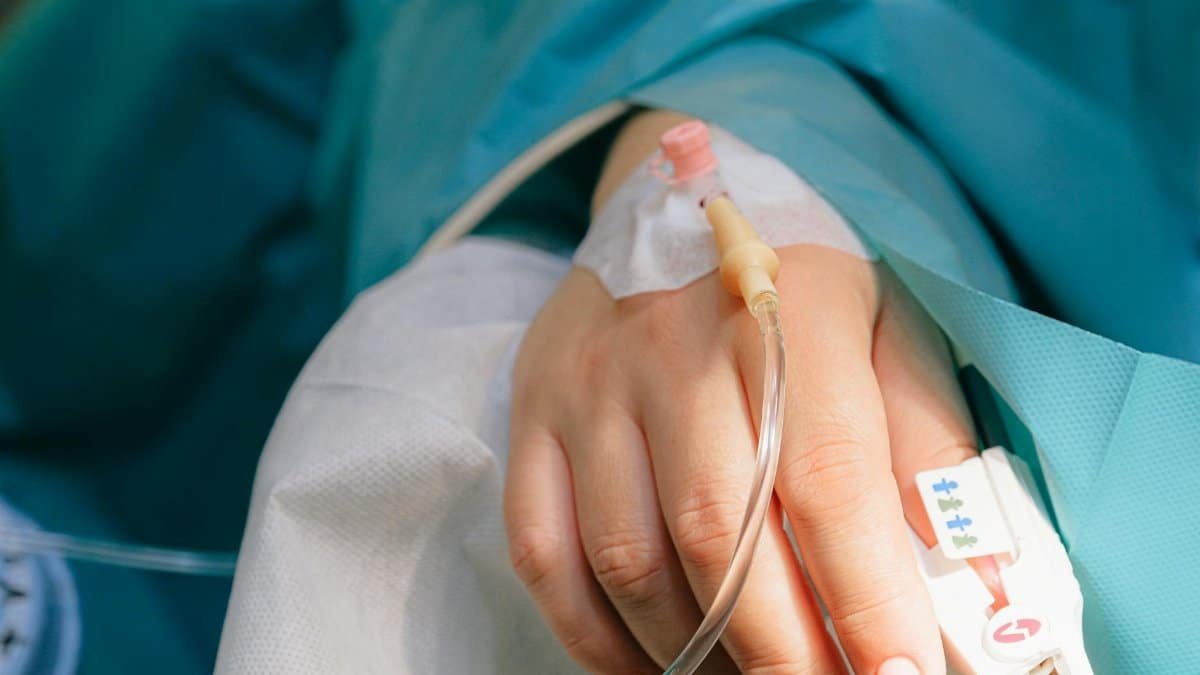
Hypnosis recovery therapy involves a trained therapist inducing a trance-like state to access the subconscious mind. Patients focus on positive suggestions to overcome trauma, addictions or chronic pain. Unlike stage hypnosis, this is clinical and evidence-based. Sessions typically last 45 to 60 minutes, with therapists using verbal cues to guide relaxation. It’s gaining traction in the U.S., where mental health services are stretched thin. James mentioned using it for sleep and focus, aligning with its core benefits for high-performers.
LeBron’s Personal Story
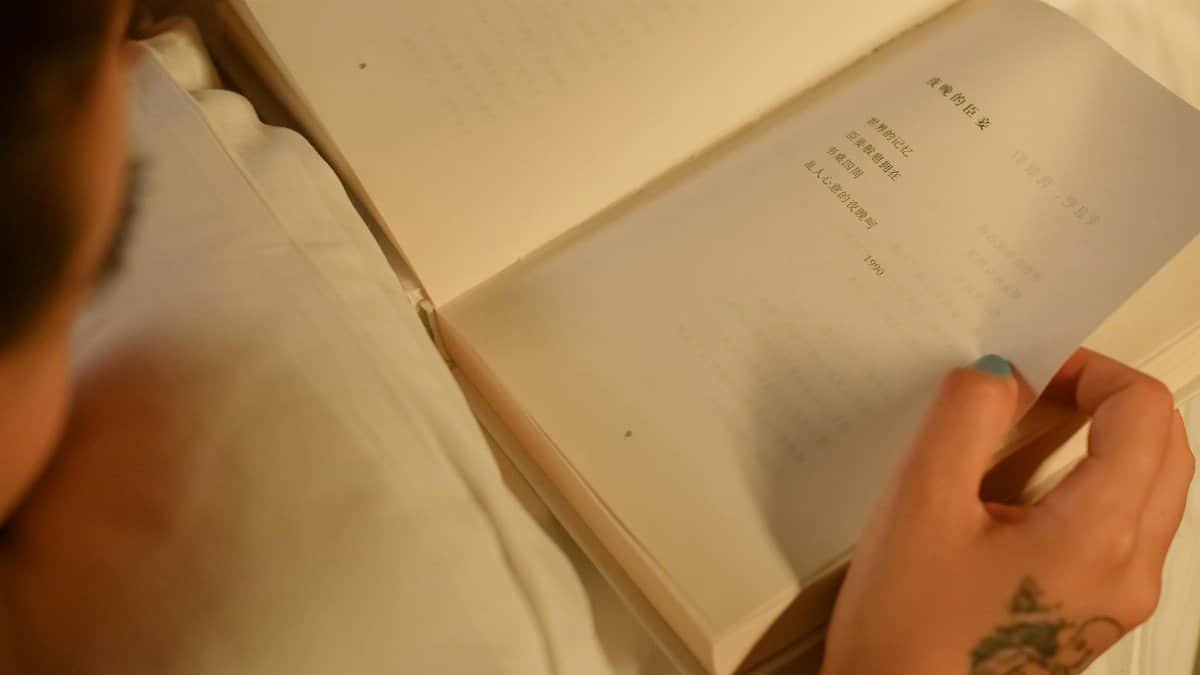
In his talk, LeBron James described hypnosis recovery therapy as a tool for mental reset after grueling seasons. The Los Angeles Lakers forward, now in his 22nd year, said it helped him recover from ankle issues and maintain peak performance. “It’s like reprogramming your brain,” he reportedly stated. This isn’t new for athletes; many pros use similar methods. But James’s platform amplifies the message, potentially destigmatizing therapy for fans. His routine includes meditation and yoga, but hypnotherapy stands out for its targeted approach to recovery.
Scientific Backing and Studies

Research supports hypnotherapy’s effectiveness. A study from the American Psychological Association found it reduces anxiety by up to 70% in some cases. For pain management, it’s shown promise in clinical trials. The National Institutes of Health notes its role in complementary medicine. One key report from Stanford University explored hypnosis for habit change, revealing improved outcomes in smoking cessation. Links to solid sources back this up: check the American Psychological Association’s hypnosis overview and the NIH study on hypnotherapy for pain. These findings explain why figures like James embrace it.
Public Reaction and Trends

James’s comments have lit up social media, with #Hypnotherapy trending briefly in early 2025. Fans shared stories of trying hypnosis for everything from weight loss to phobia treatment. Wellness influencers are jumping on board, offering online sessions. In the U.S., searches for hypnosis recovery therapy spiked 40% post-podcast, per Google Trends data. This mirrors a broader shift toward holistic health, especially post-pandemic. Critics warn of unqualified practitioners, but certified therapists report booming demand. James’s nod could normalize it further.
Benefits for Everyday People
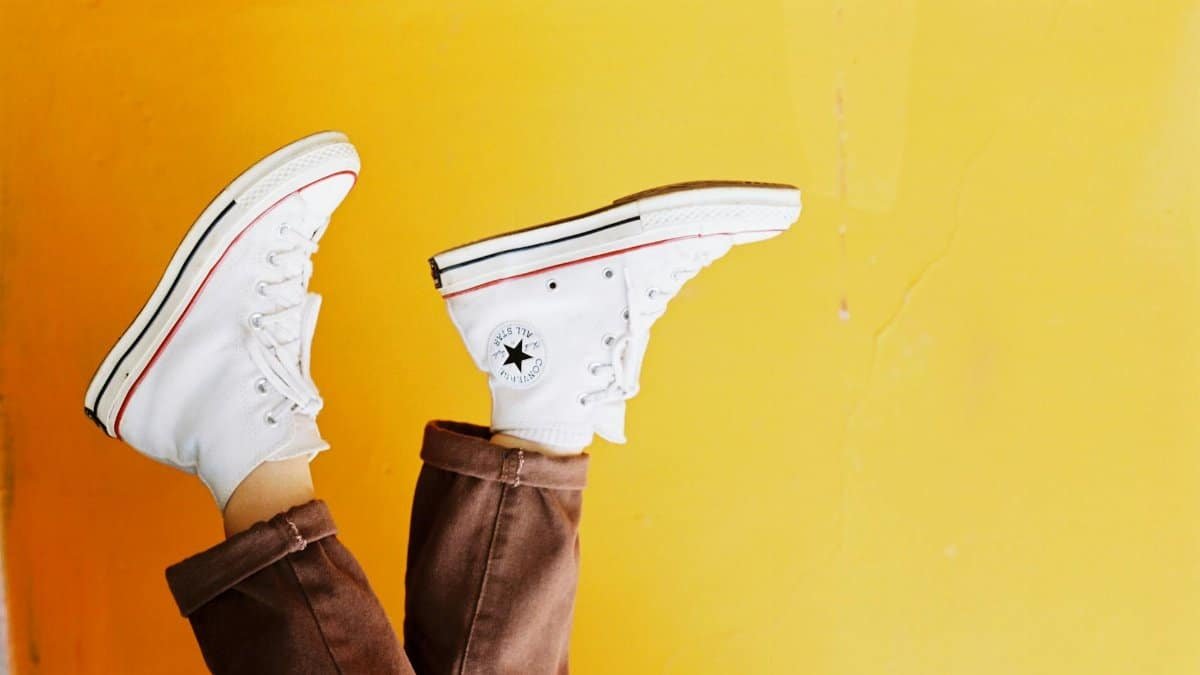
Beyond elite sports, hypnosis recovery therapy aids regular folks. It tackles insomnia, a plague for 30% of Americans, according to CDC stats. Users report better sleep and reduced stress without meds. For addiction recovery, it’s paired with counseling to reinforce sobriety. Pain sufferers, like those with migraines, find relief through suggestion techniques. James’s story highlights its versatility: from court to cubicle, it promotes resilience. Therapists emphasize it’s safe when done right, with minimal side effects compared to pharmaceuticals.
Challenges and Criticisms
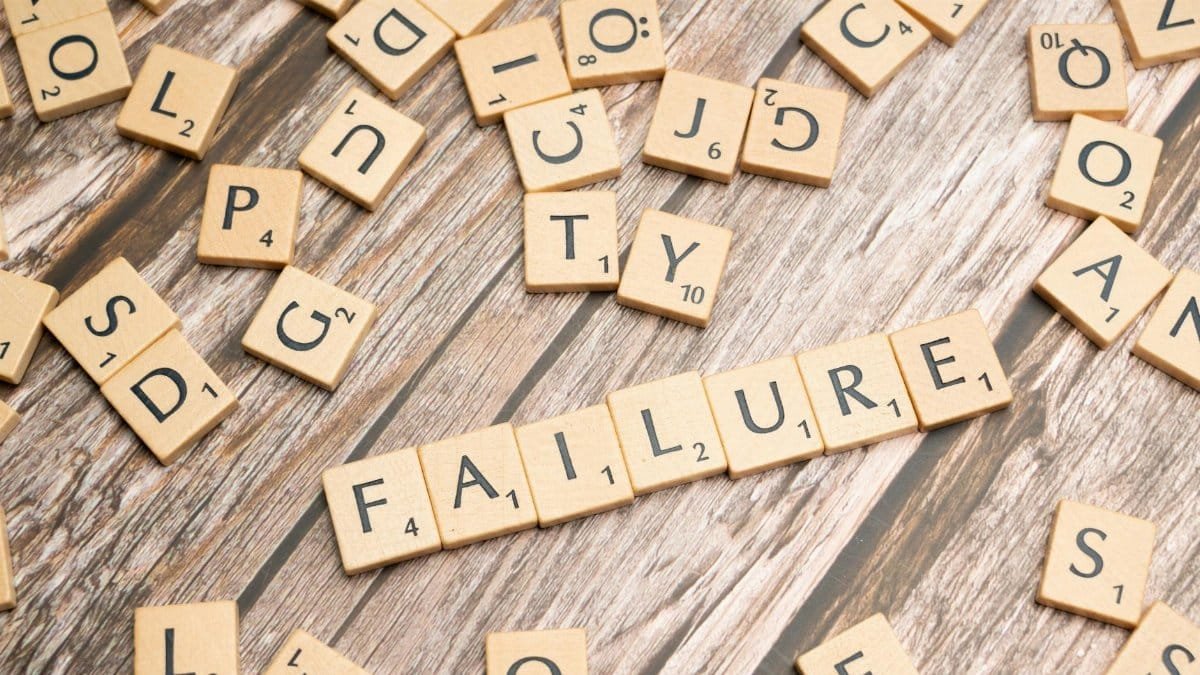
Not everyone buys into hypnotherapy. Skeptics call it pseudoscience, citing variable results. The FDA doesn’t regulate it as a medical treatment, leading to uneven quality. Some worry about false memories or dependency on therapists. James addressed this by stressing vetted professionals. In 2025, with misinformation rampant, education is key. Professional bodies like the American Society of Clinical Hypnosis push standards. Despite hurdles, growing evidence sways opinions, making it a viable option for many.
How It Influences Wellness Culture

LeBron James’s endorsement fits into a larger wellness boom. Celebrities like Oprah and Tiger Woods have praised similar practices, boosting alternative therapies. In the U.S., the wellness industry hit $4.5 trillion in recent estimates. Hypnosis slots in as an accessible tool, with apps and virtual sessions democratizing access. For athletes, it’s about edge; for others, survival in a high-stress world. James’s talk underscores how public figures shape health trends, potentially increasing insurance coverage for such therapies.
Getting Started Safely
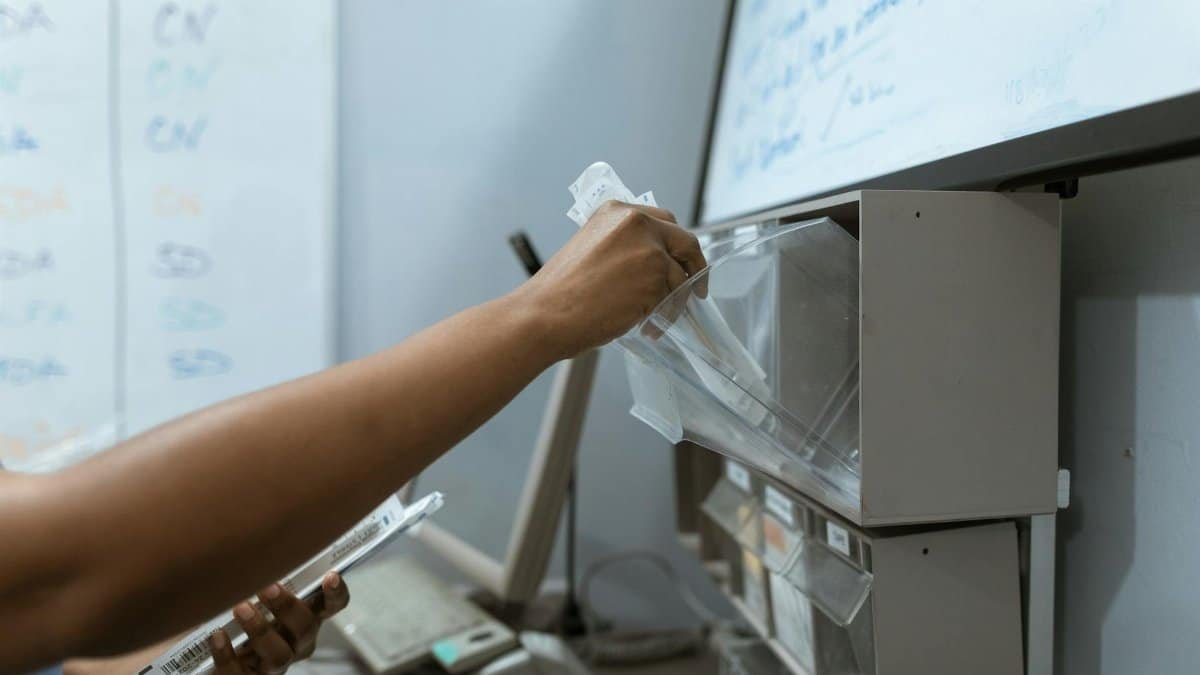
Interested in hypnosis recovery therapy? Start with certified practitioners via directories from reputable organizations. Initial consultations assess suitability. Costs range from $100 to $200 per session, often not covered by insurance. Look for board-certified hypnotherapists with psychology backgrounds. James likely works with top experts, but beginners can find local options. Resources like the Mayo Clinic’s guide help demystify it. Remember, it’s complementary, not a cure-all, but for many, it’s a step toward better mental health.
Future Implications

As 2025 unfolds, James’s hypnotherapy plug could inspire research funding. Universities are launching studies on its brain effects, using fMRI tech. If proven more widely, it might integrate into mainstream medicine. For now, it’s a personal choice amplified by star power. Wellness experts predict rising adoption, especially among millennials facing burnout. James’s influence reminds us: even kings need recovery tools. This could mark a turning point for hypnosis in American health culture.
